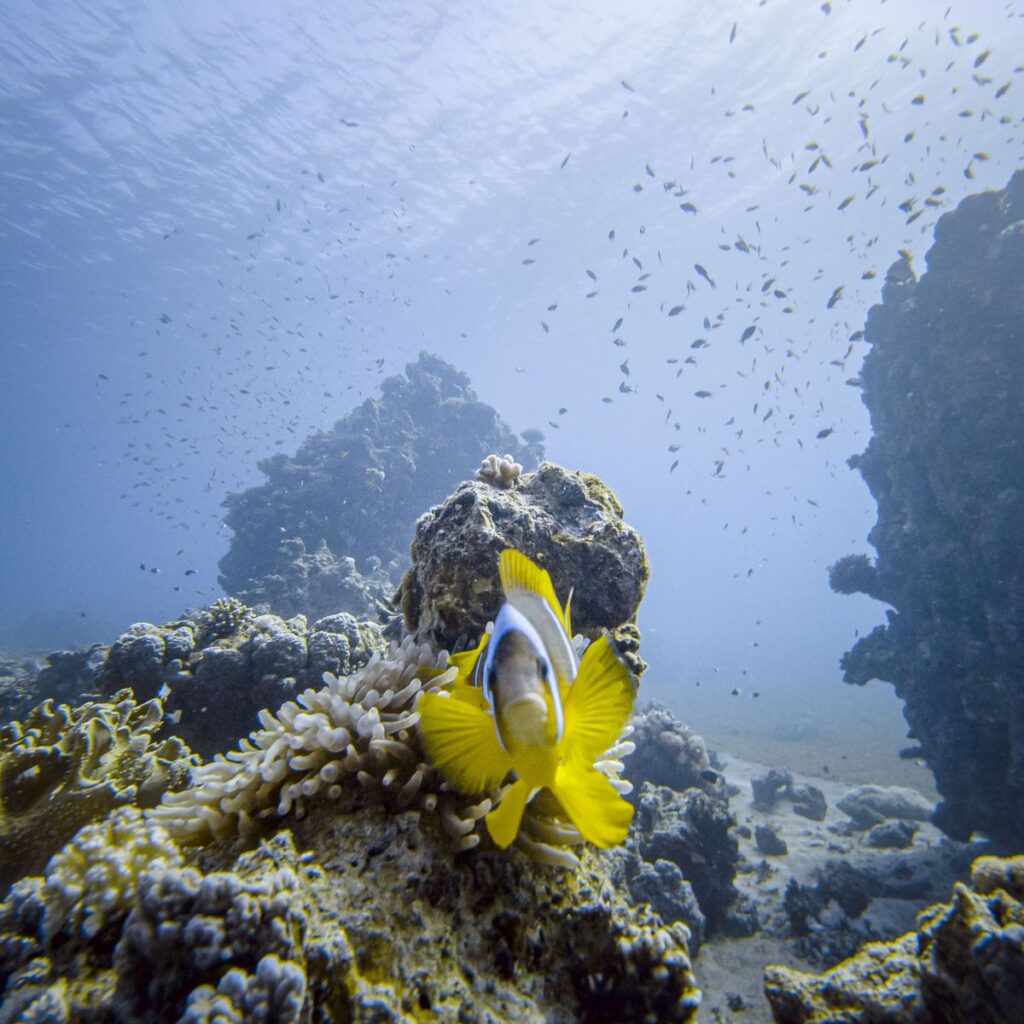There marine biodiversity constitutes the living fabric of our blue planet, encompassing all marine environments and the forms of life they support. THE marine ecosystems regulate the climate, provide crucial food resources, and are an invaluable source of medicine. Additionally, oceans and seas, which cover 70% of the earth’s surface, play a crucial role in connecting people and supporting our global economy. Preserving this biodiversity is not only essential to maintain ecological balance, but also to guarantee a sustainable future for humanity.

There marine biodiversity encompasses all organisms living in the oceans and seas, ranging from the smallest microorganisms to the largest marine mammals. It plays a crucial role in maintaining ecological balance and provides many essential services to humanity, from food resources to climate regulation. This article explores in depth what marine biodiversity is and why it is essential for our planet.
Table of Contents
ToggleWhat is marine biodiversity?
There marine biodiversity is the set of life forms present in the marine environment, including plants, animals and microorganisms. It also includes marine ecosystems such as coral reefs, mangroves, and seagrass beds. These ecosystems are interconnected and form a complex network of biological and ecological relationships.
The marine environment is characterized by its salinity, its continuity and great stability. It is in this environment that life appeared more than three billion years ago. Marine biodiversity is therefore not only vast, but also fundamentally ancient. It represents a large part of the biological diversity of our planet.
Ecological importance
Marine ecosystems, such as oceans and seas, cover 70% of our planet and contain 97% of available water. They play a vital role in the regulation of climate, absorbing a large quantity of carbon dioxide and releasing oxygen. Forests and oceans are inseparable in the fight against global warming, acting as real carbon sinks.
In addition to this climatic function, marine ecosystems provide critical habitats for a multitude of species, many of which are still little known. They serve as nurseries for many species of fish and marine mammals, thus ensuring the sustainability of our biodiversity.
Why is marine biodiversity so essential?
Marine biodiversity is essential because it ensures the food safety of millions of people around the world. The oceans provide an invaluable source of nutrients, which are vital to the diets of many human communities. Fish, shellfish and other seafood constitute an important part of protein intake for a large portion of the world’s population.
Ecosystem services
The ecosystem services provided by marine biodiversity go well beyond food. They include oxygen production, regulation of hydrological cycles, and even medical advances. Many pharmaceutical discoveries come from marine organisms, which offer unique chemical compounds used in various medical treatments.
Marine biodiversity also contributes to economic growth through fishing, tourism and the exploitation of mineral resources. Sectors linked to the sea represent a significant part of the overall economy, particularly for coastal and island countries.
A shield against environmental challenges
In times of climate change and increasing anthropogenic pressures, marine biodiversity plays a crucial role in mitigating negative environmental impacts. For example, marine ecosystems can absorb and store carbon, thereby reducing the amount of greenhouse gases in the atmosphere. Additionally, healthy ecosystems are more resilient to disturbances, whether natural or human-caused.
Finally, it is essential to note that the pressure exerted by the plastic pollution and other human activities endanger this incredible biodiversity. Protecting marine biodiversity is therefore vital not only for our current livelihood but also for future generations.









